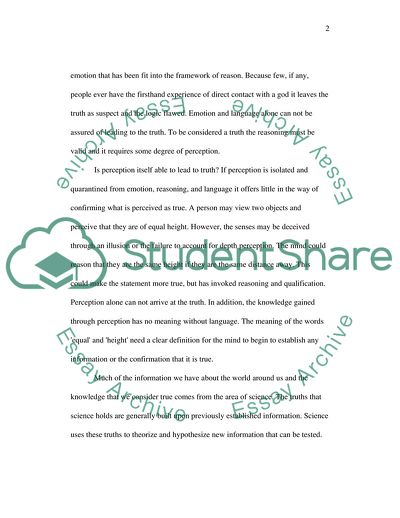Cite this document
(An Effective Way to Get to the Truth Term Paper, n.d.)
An Effective Way to Get to the Truth Term Paper. https://studentshare.org/religion-and-theology/1711762-tok
An Effective Way to Get to the Truth Term Paper. https://studentshare.org/religion-and-theology/1711762-tok
(An Effective Way to Get to the Truth Term Paper)
An Effective Way to Get to the Truth Term Paper. https://studentshare.org/religion-and-theology/1711762-tok.
An Effective Way to Get to the Truth Term Paper. https://studentshare.org/religion-and-theology/1711762-tok.
“An Effective Way to Get to the Truth Term Paper”. https://studentshare.org/religion-and-theology/1711762-tok.


